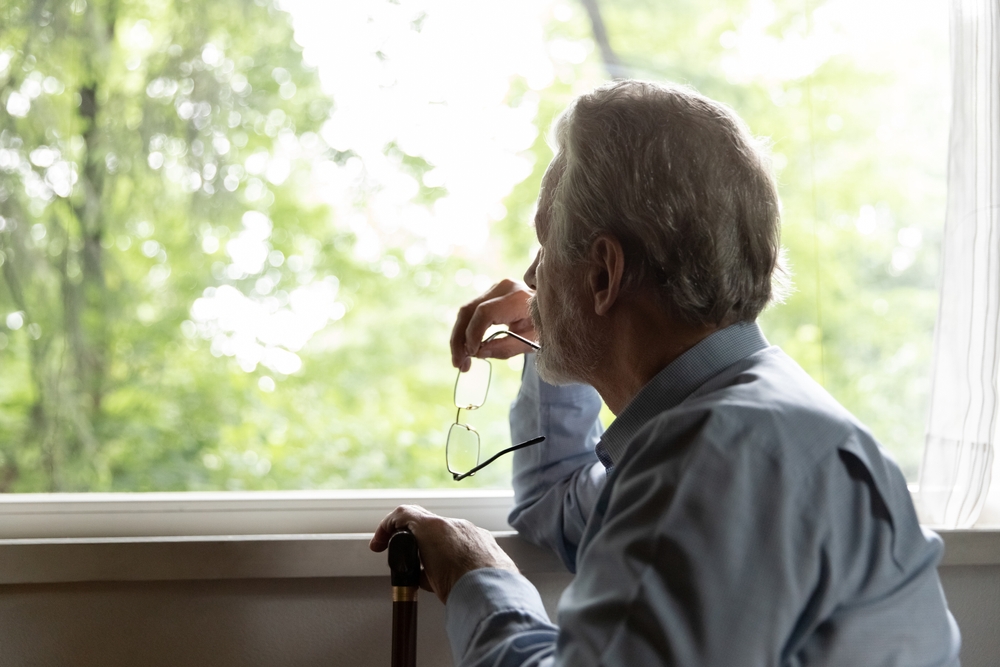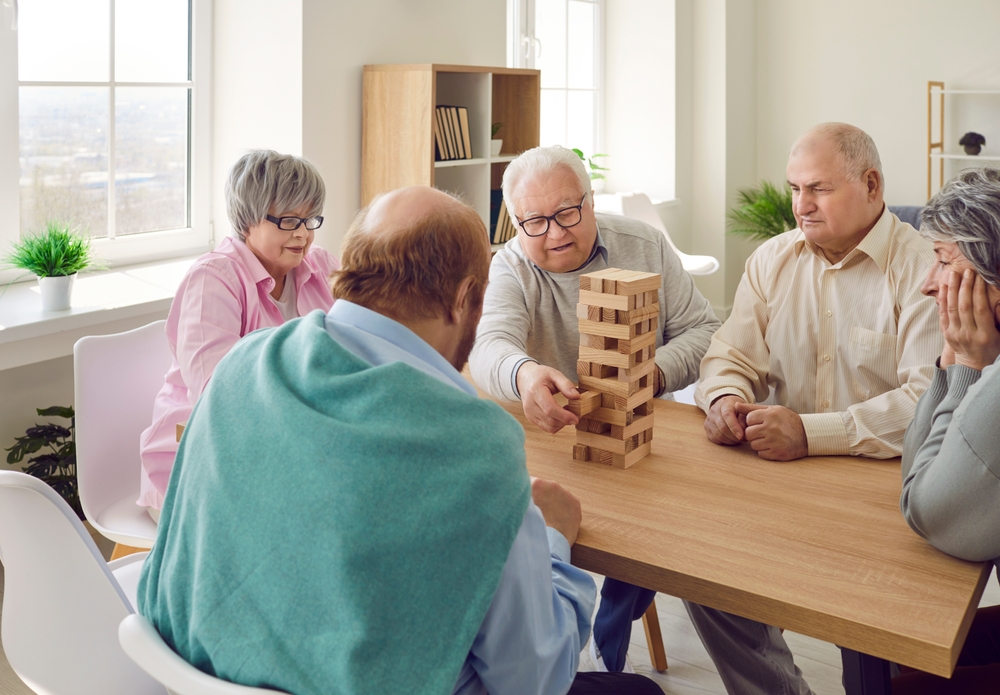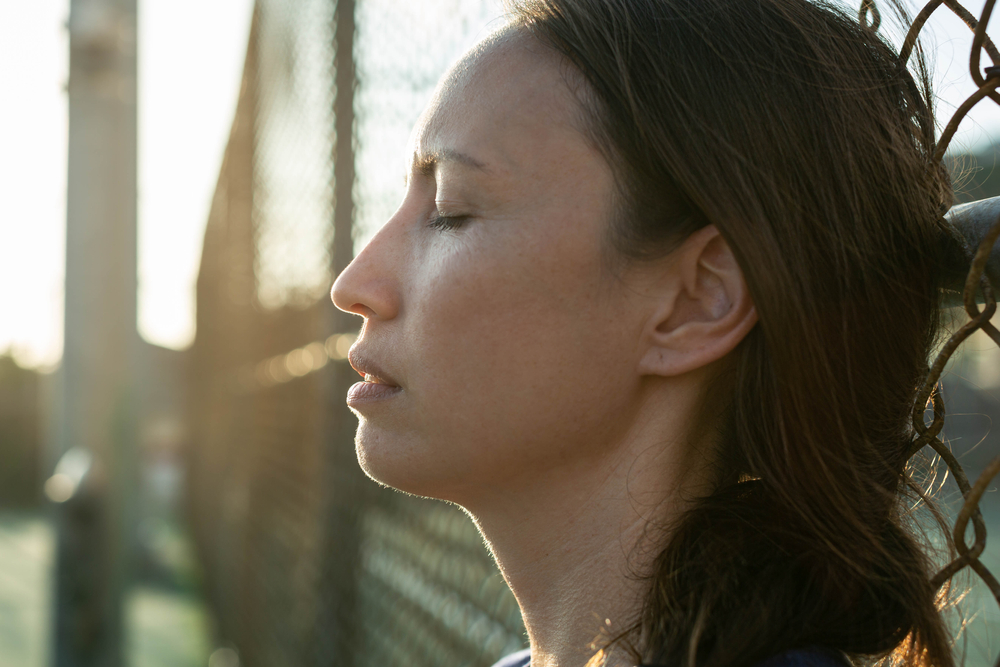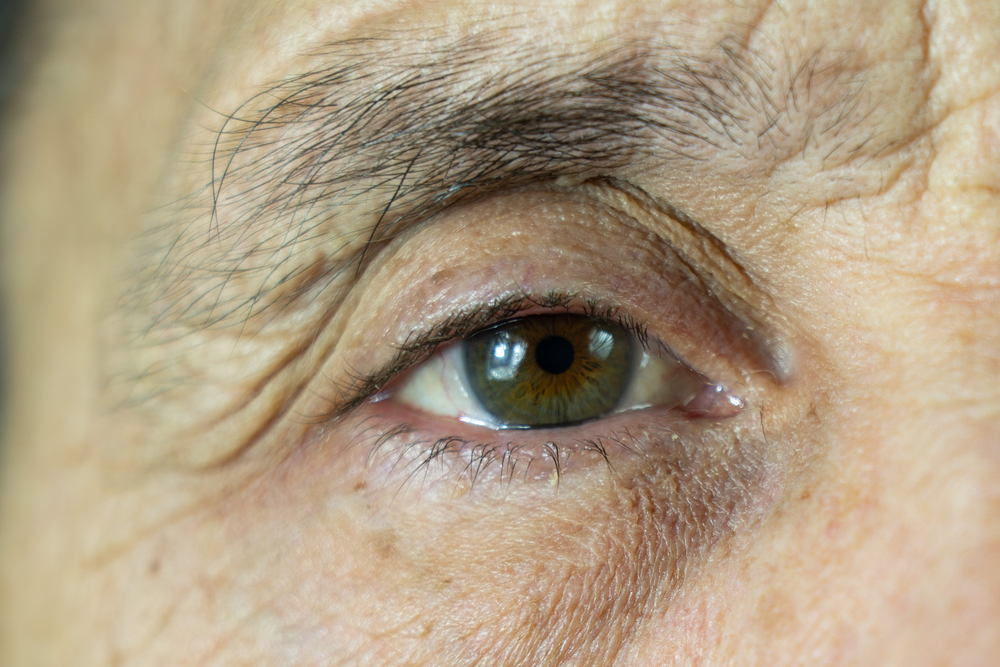Make an Appointment
Mental health conditions affect a substantial proportion of older Australians: between 2020 and 2022, 7.9% of men and 11.1% of women aged 65+ reported a mental health disorder in the past year (excluding dementia) . As our population ages, maintaining emotional well-being becomes vital to preserving quality of life, social connectedness and independence. Chronic illness, social isolation, bereavement and role transitions (retirement, loss of peers) often converge to challenge mental health in later years .
Occupational therapists bring a holistic, client-centred lens, addressing not just symptoms but the meaningful activities, environments and routines that sustain well-being. By integrating evidence-based psychological strategies, purposeful occupations and environmental adaptations, OT helps older adults flourish despite life’s transitions.

What is the Role of Occupational Therapy in Older Adults’ Mental Health?
Re-Engagement in Meaningful Occupations
- OTs facilitate return to valued activities: gardening, cooking, art, volunteering, that provide structure, mastery and joy.
- Using the Canadian Occupational Performance Measure (COPM), therapists identify priorities and co-create goals, fostering autonomy and motivation .
Activity Analysis & Adaptation
- OT breaks down complex tasks into manageable steps; e.g., modifying a painting setup to reduce physical strain so creativity can continue without fatigue or frustration.
Environmental & Social Supports
- OT assessments identify social barriers: transport, accessibility, and recommend solutions such as community transport schemes or telehealth social groups, maintaining connections.
Psychosocial Skill Building
- Incorporating Cognitive Behavioural Therapy (CBT) principles, OTs teach coping strategies (thought reframing, anxiety management) within the context of everyday tasks.
Interdisciplinary Collaboration
- OTs work alongside psychologists, Exercise Physiologists and GPs to ensure a seamless mental health plan, embedding emotional support within functional routines .

How to Improve Mental Health in Older Adults?
Foster Social Connectedness
- Neighbourhood groups, intergenerational programs and digital literacy workshops combat loneliness .
- Encourage “buddy” systems for regular check-ins and shared outings.
Embed Routine & Structure
- Balanced daily schedules that alternate activity-rest cycles to prevent isolation and inactivity.
- Use visual planners or calendar apps to reinforce purpose and predictability.
Promote Physical Activity
- Low-impact exercise—walking groups, tai chi, hydrotherapy, supports mood regulation through endorphin release and social interaction .
- Co-delivery by Exercise Physiologists ensures activities are safe and tailored to health status.
Encourage Lifelong Learning & Creativity
- Adult education classes, crafts, music therapy or digital art foster cognitive engagement and self-esteem.
- OTs can partner with local libraries and community centres to set up accessible workshops.
Strengthen Coping & Resilience
- Teach mindfulness, relaxation and stress management techniques integrated into daily routines.
- Provide referral pathways to beyondblue and MindSpot for additional psychological support .

How Can Occupational Therapy Help with Mental Health?
Occupational therapists provide a range of targeted interventions to bolster emotional well-being:
Cognitive Strategy Training
- Memory & Executive Function: Use tools like memory journals, to-do lists and task-sequencing games to reduce anxiety about forgetting and improve confidence in day-to-day activities.
- Problem-Solving Skills: Role-play scenarios (e.g., navigating transport changes), teaching clients to break problems into steps and generate solutions.
Creative Arts & Reminiscence Therapy
- Art & Music Therapy: Facilitating painting, clay work or sing-along groups boosts mood, offers gentle sensory engagement and fosters peer interaction.
- Reminiscence Sessions: Using photographs, music and memorabilia to spark memories, strengthen identity and encourage storytelling in a supportive group.
Sensory Modulation & Relaxation
- Environmental Tuning: Create calm spaces with soft lighting, natural sounds or tactile objects (weighted blankets, fidget tools) tailored to individual sensory preferences.
- Relaxation Techniques: Deep-breathing exercises, guided imagery and progressive muscle relaxation conducted before challenging tasks (e.g., community outings).
Role Transition & Identity Work
- Retirement Planning: Co-design new daily routines and roles (mentoring, part-time volunteering) that preserve a sense of purpose and social contribution.
- Loss & Grief Support: Gentle activity re-engagement and expressive therapies (journaling, group sharing) to process bereavement and strengthen resilience.
Sleep Hygiene & Daily Structure
- Bedtime Routines: Establish consistent pre-sleep activities (light stretching, reading) and environmental adjustments (blackout curtains, white-noise machines) to improve sleep quality.
- Chronotherapy: Tailoring activity timing to circadian rhythms, for example, morning light exposure to regulate mood and energy levels.
Technology-Enhanced Interventions
- Telehealth Check-ins: Regular video sessions maintain therapeutic continuity for those with mobility or transport barriers.
- Digital Apps: Introduce mood-tracking and mindfulness apps; train clients in their use to foster self-management between Occupational Therapy sessions.
Through these multifaceted strategies, Occupational Therapy transcends traditional “task training” to encompass emotional, cognitive and creative domains, promoting a deeply person-centred path to well-being.

What Does an Occupational Therapist Do for an Elderly Person?
An OT’s role is broad and tailored to the older adult’s unique context:
Holistic Assessment
- Reviews physical abilities, cognitive status, emotional state and environmental influences to build a comprehensive profile of strengths and challenges.
Personalised Intervention Plan
- Co-creates a plan focusing on priority areas, ADLs (dressing, grooming), IADLs (shopping, banking), leisure and social participation, aligned with the client’s values and goals.
Home & Community Environment Modification
- Installs grab-rails, optimises lighting, reorganises furniture for safety and accessibility; connects clients with local community resources (senior centres, transport services).
Adaptive Equipment & Technology
- Prescribes tools (long-handled reachers, ergonomic kitchen utensils, tablet-based reminiscence apps) and provides hands-on training to ensure confident, independent use.
Caregiver & Family Education
- Trains loved ones in supportive communication techniques, activity facilitation and safe transfer methods to reinforce gains between sessions.
Goal Monitoring & Progress Reviews
- Uses outcome measures (COPM, Depression Anxiety Stress Scales) to track progress, celebrate successes and adjust goals dynamically as needs evolve.
Advocacy & Referral
- Advocates for client needs, liaising with GPs, psychologists and community services, and refers to specialised programs (memory clinics, chronic disease support groups) as required.
By weaving together environment, occupation and psychosocial support, Occupational Therapists enable older adults to engage fully in life, boosting mood, confidence and resilience every step of the way.

Frequently Asked Questions (FAQs)
Can I access Occupational Therapy for mental health under My Aged Care?
Yes. OT services are covered under Home Care Packages and the Commonwealth Home Support Program. You can self-refer or seek a GP referral for both in-home and clinic visits.
How many Occupational Therapy sessions are typically needed?
Initial engagement often involves 1–2 visits per fortnight, tapering to monthly reviews as goals are met. Telehealth can supplement in-person sessions for continuity.
Is Occupational Therapy just about physical adaptations?
No. While environment and device prescription are key, OT equally focuses on psychosocial strategies, meaningful occupations, creative therapies and cognitive support.
How long until I see mental health improvements?
Many clients experience mood and confidence gains within 4–6 weeks of consistent engagement in meaningful activities and coping strategies.
How do I choose between in-home and clinic OT?
If mobility or transport is challenging, in-home OT provides contextualised recommendations in your own space. Clinic visits may suit those seeking group programs or access to specialised equipment.

Promoting mental health and well-being in older adults demands a holistic blend of purposeful occupation, psychosocial coping strategies, environment modifications and community connection. Occupational Therapy delivers precisely this blend—tailored to each person’s aspirations—so that later life is defined by engagement, purpose and resilience rather than isolation or decline.
Next Steps:
- Book your Occupational Therapy Assessment with Physio Inq: available in-home, in-clinic or online.
- Join our Mental Well-Being & Creativity Workshops, co-facilitated by our Exercise Physiologists for combined physical and emotional support.
- Explore My Aged Care Funding with your GP or package manager to subsidise ongoing allied health services.
Call 1300 731 733 or book online to begin your personalised mental health journey today.

Date Published: Tuesday, May 27, 2025
Locate a Occupational Therapy Telehealth
Service Near me
Get the experience & convinence you deserve to support your or a loved one's allied health needs.
Our Occupational Therapy Telehealth team are currently serving & taking appointments in the following states and regions in Australia:
Need to get into direct contact with ur Client Services team? We're all ears. Call our team directly on 1300 731 733










